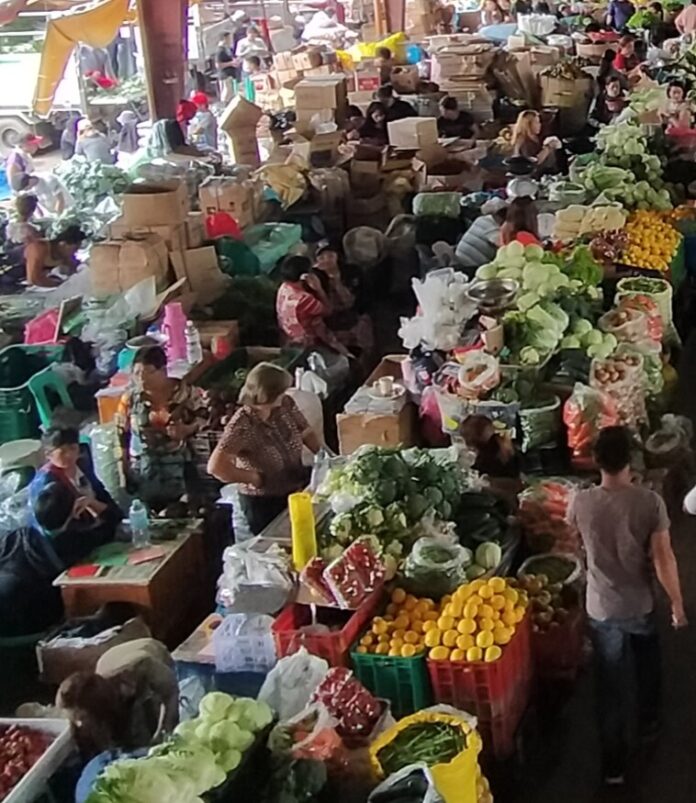The Regional Development Councils of Luzon adopted the recommendations of NEDA-CAR in its paper entitled “Agricultural Technology and Innovation for High-Value Crops in Luzon”. This was presented by NEDA-CAR Regional Director and RDC-CAR Vice-Chair Milagros Rimando during the June 2 Luzon Regional Development Committee (RDCom) video conference meeting. The RDCom agreed to push for the adoption of agri-marketing & processing strategies using state-of-the-art technology even as it escalates investments on research and development (R&D) in agri-industry.
The paper resulted from a consolidated effort of Luzon NEDA regional offices to address the various concerns of Philippine agriculture such as low labor productivity, limited diversification of commodities, weak exports due to limited post-harvest processing and marketing, and low farm mechanization. According to NEDA-CAR, there has been a prior need to transform Philippine Agriculture even before the COVID-19 Global Pandemic. However, the crisis aggravated the lingering concern with significant agricultural losses due to marketing challenges. Particularly, the Luzon area suffered up to 77% of its losses due to unsold agricultural produce with about 25 million pesos worth of losses from high-value crops alone. Over half of all high-value crops in the country are produced in Luzon. The Cordillera region alone produces most of the high-value crops in the country i.e., carrots (89%), chinese pechays (86%), strawberries (85%), cabbages (78%), and white potatoes (85%).
Leveraging the potential of innovation-stimulated technology, the presentation cited several existing laws that must be utilized such as the 2013 Agricultural and Fisheries Mechanization (RA 10601), 2018 Balik Scientist Act (RA 11035), 2018 Philippine Innovation Act (RA 11293), and 2019 Innovative Startup Act (RA 11337) as the basis to drive the modernization of agriculture in Luzon. While there have been several existing private and government programs and projects focusing on industrialization and data-driven precision agriculture, the paper indicates that, at a mere average of 0.16% of the Gross Regional Domestic Product, Philippine regions are well-below the World Bank and UNESCO-recommended budgetary allocations for investments in agriculture research and development of at least 1% of the GRDP by developing countries.
Rimando urged the Luzon Regional Development Councils to endorse the increased R&D and extension budgets of State Universities and Colleges and Regional Line Agencies, promote greater investments in agricultural value chain services, support legislations that increase R&D investment, and support the inclusion of courses promoting agri-innovation and entrepreneurship in SUC curricula.
Luzon RDCom Chair and Batangas Governor Hermilando Mandanas emphasized the need for the full devolution of agricultural services to local government units accompanied by an adequate budget by 2021.Luzon RDCom is composed of the Chairpersons and Co-Chairpersons of the Regional Development Councils in Luzon with the NEDA as its technical secretariat.

